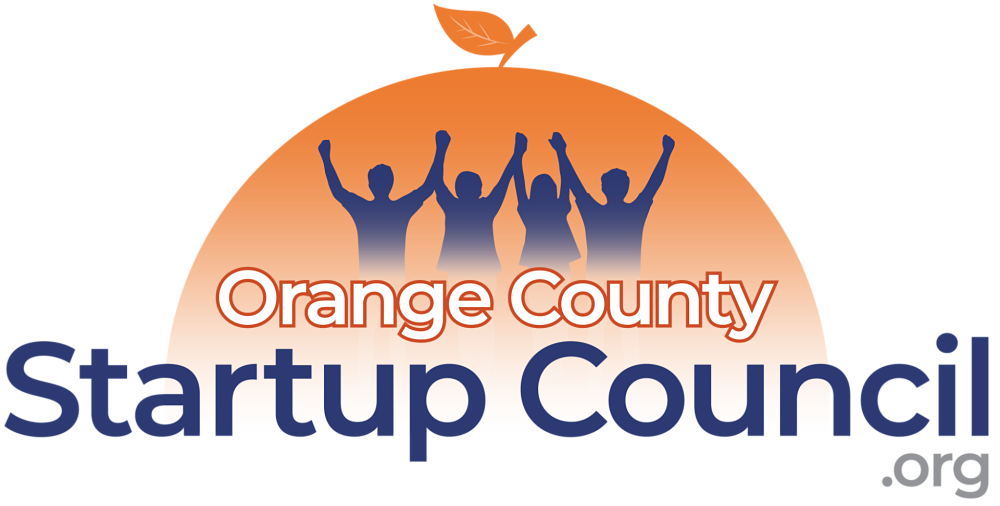Thanks again to Withum for their Platinum Sponsorship support of the OC Startup Council. To learn more about Withum's accounting and advisory services. please contact Allen Goh, Technology & Emerging Growth Services West Coast Team Leader - allen.goh@withum.com:
Top 10 Things To Preserve Qualified Small Business Stock Treatment
Written by Daniel Mayo, Principal
Among the many issues on the minds of founders and executives at early-stage or pre-seed startups is the ability to issue qualified small business stock (QSBS or Section 1202 Stock). This topic is critical because it affects a company’s ability to raise capital to grow its business. It also affects investors’ ability to exclude capital gain realized on the sale of stock if the requirements of section 1202 are met.
With that in mind, I will channel my inner David Letterman and share my top 10 list of things to do or not do to preserve QSBS treatment for stock already issued and for stock to be issued in the future. If you want a quick overview of the rules governing QSBS, you can read about them here.
So let’s get right to it and discuss the top 10 things to look out for in order to preserve QSBS treatment.
- Redemptions – If a company purchases its stock from a shareholder, the redemption can destroy QSBS treatment for the redeemed shareholder and for all other shareholders. Yes, you read that right – one redemption can destroy QSBS treatment for ALL shareholders, which is why redemptions are at the top of this list. A redemption can affect stock issued to the redeemed shareholder (and persons related to such shareholder) in a 4-year window period beginning 2 years before the redemption and ending 2 years after the redemption, and it can affect stock issued to all other shareholders in a 2-year window period beginning 1 year before the redemption and ending 1 year after the redemption. There are exceptions for de minimis redemptions, for certain redemptions issued to retired or terminated employees or directors, and for redemptions in connection with the death, divorce, disability, or mental incompetency of the redeemed shareholder. These rules are complex, and tax counsel should be consulted before any redemptions are executed, particularly for redemptions designed to take out one or more founders early in the venture.
- New Businesses - A company issuing QSBS must be engaged in a qualified trade or business (QTB) for substantially all of the selling shareholder’s holding period of the stock for which QSBS treatment is sought (the Active Business Requirement). The definition of a QTB is broad, but there is a lengthy list of excepted businesses. The Active Business Requirement presents an issue when a company engaged in a “good” business seeks to expand into a “bad” business, such as an insurance company. The Active Business Requirement will not prevent the expansion, per se, but care must be taken to ensure that the value of the assets used in the “bad” business does not exceed 20% of the value of the company’s total assets.
- Working Capital and R&E - The Active Business Requirement mandates that for substantially all of the selling shareholder’s holding period, at least 80% of the value of a company’s assets must be used in the active conduct of a QTB. This includes assets (i) that are held as part of the reasonably required working capital (WC) needs of the business and (ii) that are held for investment and are reasonably expected to be used within two years to finance research and experimentation (R&E) expenses of a QTB or increases in WC needs of a QTB. However, after the company has been in existence for two years, amounts set aside for the above two purposes cannot exceed 50% of the company’s assets. Typically, this is not an issue for nascent businesses, but it can create an issue after one or more significant capital raises. This is something that needs to be monitored on an ongoing basis.
- Real Estate and Portfolio Stock – Another aspect of the Active Business Requirement is that a company cannot hold more than...
Read the rest of this article at withum.com...
Contact OCSC Platinum Sponsor Withum to learn more about their services. For Technology and Emerging Growth Services contact Allen Goh, Technology & Emerging Growth Services West Coast Team Leader - allen.goh@withum.com, Vince Phorn CPA – vphorn@withum.com, or Brenna Liana, Marketing - bliana@withum.com and learn more at https://www.withum.com/industries/technology-services/
Want to share your advice for startup entrepreneurs? Submit a Guest Post here.

